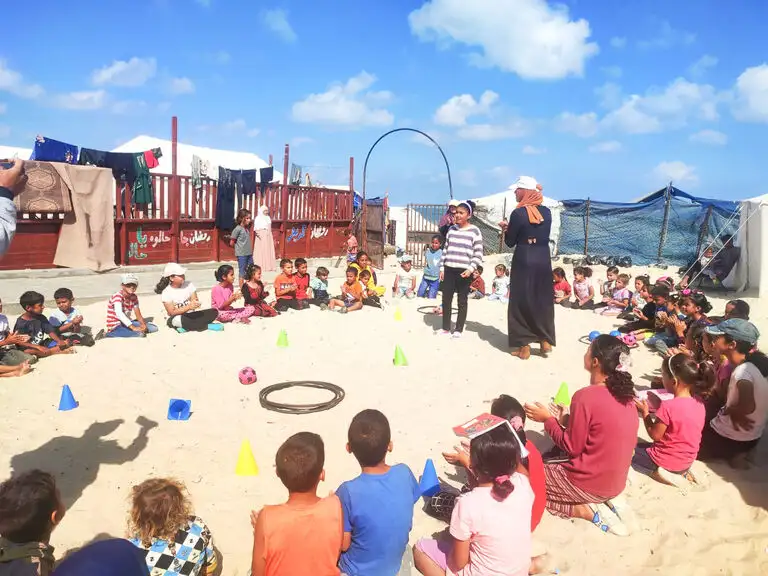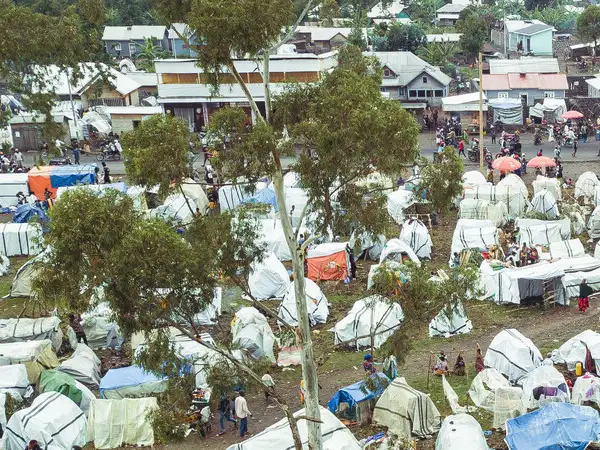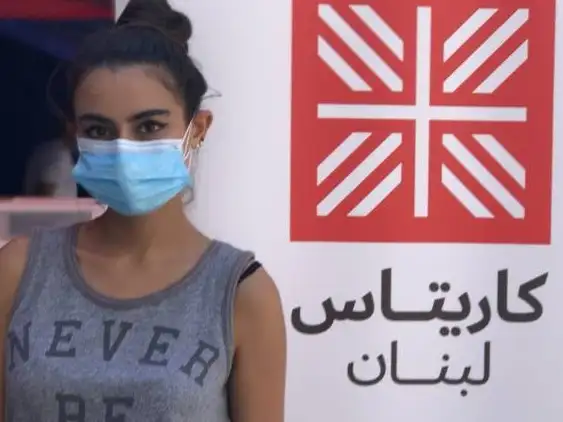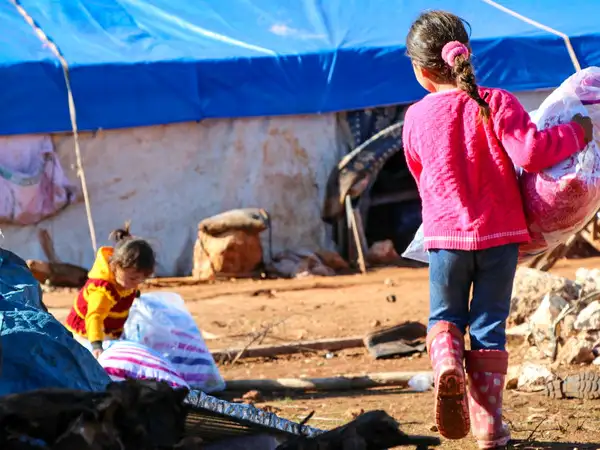CAFOD has been working alongside partners in Lebanon since the 1980s, supporting vulnerable communities through years of ongoing challenges.
As conflict in the Middle East escalates, our partners are responding to the urgent needs of those affected - this includes the many refugees already facing hardship in Lebanon.
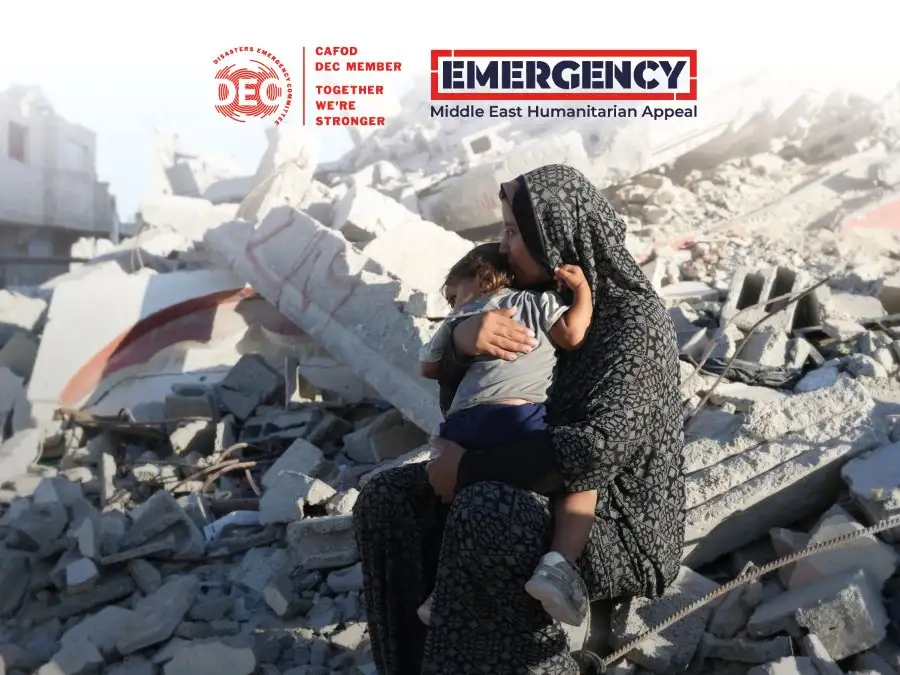
Middle East Humanitarian Appeal
Millions across the Middle East have fled their homes in search of safety. They urgently need shelter, food and basic supplies.
Our partners are helping these families right now as they arrive in safer areas. Your donations will help with:
emergency healthcare
food packages
safe shelter
hygiene kits
mental health support
cash to buy fuel, blankets and other essentials.
Why CAFOD works in Lebanon
Lebanon faces significant challenges, from ongoing political and economic crises to the devastating Beirut explosion, and now, the escalation of the conflict between Hezbollah and Israel.
In the Middle East, CAFOD supports vulnerable communities in Lebanon, including Palestinian refugees and displaced Syrians and migrants. Our work with partners in Lebanon is part of our broader regional response, recognising the interconnectedness of crises across the Middle East. We also address the urgent needs of those impacted by conflict and instability.
Our work in Lebanon
CAFOD’s support to partners in Lebanon enables communities to build skills and create spaces for dialogue, to reduce social tensions between refugees, displaced people and host communities.
We also develop just and sustainable agroecological techniques to improve food sovereignty and water management. We support Palestinian and Syrian refugee women to gain life skills, access training and employment, and services responding to gender-based violence.
“Our dream was to build a house. After 13 years, when we finally achieved that dream, they bombed it. Thank God we are still alive.”
*Not their real name
How is the Middle East conflict affecting Lebanon?
As violence escalates between Hezbollah and Israel, Lebanon is facing a growing humanitarian crisis.
The panic caused by airstrikes has meant that roads are blocked by heavy traffic and people are forced to sleep in their cars, afraid for their families. The recent surge in violence has led to a significant loss of life, and over a million have been displaced, seeking refuge in safer areas. Many of these families are being hosted by communities already struggling due to Lebanon’s longstanding economic crisis and rapid inflation. The cost of basic needs—transport, healthcare, and even bread—was already beyond reach for many and the arrival of displaced families has further strained resources.
The humanitarian crisis is escalating rapidly, with many collective shelters already at capacity and displaced families in desperate need of essentials like mattresses, blankets and sleeping mats. Aid distribution is hampered by logistical challenges, rising prices and overwhelmed suppliers, leaving many areas without the support they need. Health infrastructure is under severe strain. Additionally, many educational facilities have been forced to shut down, disrupting access to schooling for countless children.


